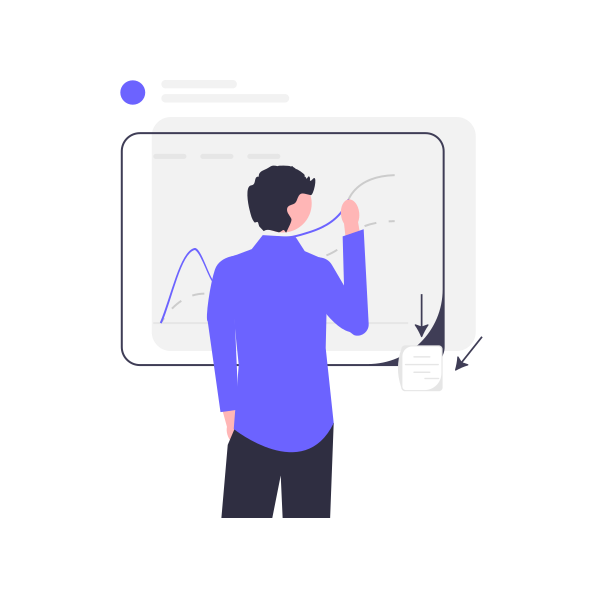In the competitive landscape of small business marketing, leveraging artificial intelligence (AI) has become essential. AI provides tools and techniques that help small businesses enhance their marketing strategies from planning to execution. This guide explores how AI can revolutionize marketing efforts, ensuring efficiency and effectiveness at every step.
1. Strategic Planning with AI:
Identifying Goals: Begin by setting clear, measurable goals for your marketing efforts. AI can assist in identifying achievable targets by analyzing historical data and current market trends. Whether it's increasing brand awareness, boosting sales, or enhancing customer engagement, AI provides insights that help define realistic and impactful objectives.
Market Research: Conducting thorough market research is crucial for strategic planning. AI tools can analyze large datasets to uncover trends, customer preferences, and competitive landscapes. This information is invaluable in understanding where your business stands and how to position your marketing efforts effectively.
Audience Segmentation: AI excels in segmenting your target audience based on various criteria such as demographics, behavior, and purchasing history. By identifying distinct segments, you can tailor your marketing messages to resonate with each group, increasing the relevance and impact of your campaigns.
2. Content Creation and Curation:
Generating Engaging Content: AI-driven content creation tools can generate engaging and relevant content for your audience. From blog posts to social media updates, these tools can produce high-quality content that aligns with your brand voice and resonates with your target audience.
Personalizing Content: Personalization is key to modern marketing. AI can analyze individual customer data to deliver personalized content that meets their specific needs and preferences. Personalized emails, product recommendations, and targeted ads enhance the customer experience and drive engagement.
Curating Content: In addition to creating content, AI can help curate content by sourcing relevant articles, videos, and social media posts. This not only saves time but also ensures that your audience receives a diverse mix of content that keeps them engaged and informed.
3. Campaign Execution:
Automating Campaigns: AI-powered marketing automation tools streamline the execution of campaigns. From scheduling social media posts to sending email newsletters, these tools handle repetitive tasks, allowing you to focus on strategy and creativity. Automation ensures consistency and efficiency in your marketing efforts.
Optimizing Ad Spend: AI can optimize your advertising budget by analyzing performance data in real-time. It helps in allocating funds to high-performing channels and adjusting bids to maximize ROI. This dynamic optimization ensures that your ad spend is used effectively, driving better results without overspending.
Real-Time Adjustments: AI enables real-time monitoring and adjustments of marketing campaigns. By continuously analyzing performance metrics, AI tools can make instant adjustments to improve outcomes. This agility allows you to respond to changing market conditions and customer behaviors promptly.
4. Analytics and Insights:
Tracking Performance: AI-powered analytics tools provide detailed insights into the performance of your marketing campaigns. From website traffic to conversion rates, these tools track key metrics, offering a comprehensive view of how your marketing efforts are performing.
Gaining Insights: Beyond tracking metrics, AI can generate actionable insights by identifying patterns and trends in the data. These insights help in understanding what’s working and what needs improvement, guiding future marketing strategies.
Predictive Analytics: Predictive analytics, driven by AI, forecasts future trends based on historical data. This helps in anticipating customer behaviors, market shifts, and potential challenges, allowing you to proactively adjust your strategies and stay ahead of the competition.
Conclusion:
Leveraging AI for small business marketing transforms how strategies are planned and executed. From setting goals and conducting market research to creating personalized content and optimizing campaigns, AI enhances every aspect of the marketing process. By embracing AI, small businesses can achieve greater efficiency, effectiveness, and success in their marketing efforts. The future of marketing lies in the intelligent use of AI, and the time to start is now.


